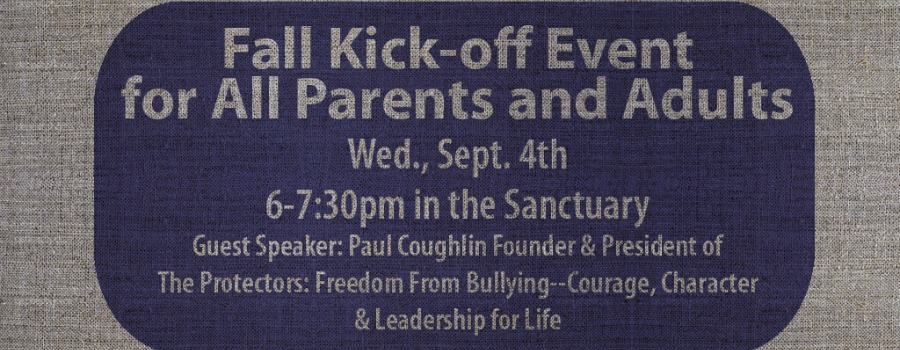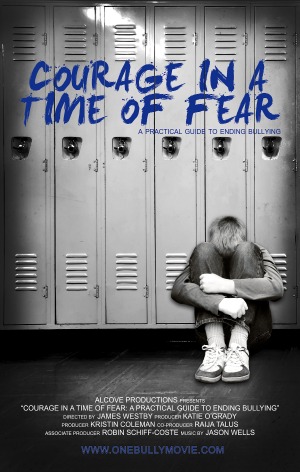Mom draws criticism, praise for blog urging bullied kids to toughen up
Originally posted on FoxNews.com

SIOUX FALLS, S.D. – A South Dakota mother is the target of both praise and criticism after she blogged that kids being bullied should toughen up.
Stephanie Metz’s wide-ranging post, which spread on Facebook after she shared a link, was as much about oversensitive modern parents as it was about kids.
“The main message is `don’t be afraid to parent your kids.’ They need to deal with some hardships,” the 29-year-old mother of two from Rapid City said Wednesday by phone.
“It’s not our job to be our children’s friend and make life easy for them,” she added.
The Oct. 25 post on “The Metz Family” blog was titled “Why My Kids Are NOT the Center of My World.” Its original audience was eight friends and family members who have followed the blog since her first son was born four years ago and who live out of state.
Metz said she posted a link to the blog on Facebook, her friend shared it and then her friend shared it “and it just kind of went crazy from there.” The blog had been clicked on 885,000 times as of Wednesday and received countless other clicks on online sites that have posted it, she said.
She accepts the criticism and acknowledges her sons are still young — ages 4 and 2.
Metz said she doesn’t condone violence but also doesn’t think parents should let their kids shut down when someone’s mean to them. It’s a philosophy she said she and her husband, Matt Metz, learned from their parents and are using on their own boys.
“I feel like we’re creating a generation of victims,” she said.
Bullying expert Paul Coughlin said there’s some merit to that because some parents are too quick to solve their children’s problems. He’s president and founder of The Protectors, a Medford, Ore.-based organization that works with public and private schools to reduce bullying.
“I’ve coached those kids who are over-parented and you kind of want to give them a T-shirt that says `does not play well with others,”‘ said Coughlin, who’s also a soccer coach. “It does make for some fragile children when we over-parent.”
Coughlin said everyday conflict does not constitute bullying. And studies have found that most children will experience some bullying growing up, but it doesn’t do serious harm, he said. But by trying to protect their children, some parents increase their children’s chances of repeatedly being bullied.
“This over-parenting also is almost a perfect storm for creating serial targets,” he said. “Over-parented children are more likely to be serial targets than non-over-parented children.”


 The Protectors has been busy this past year, extending our outreach and helping more children in public schools, private religious schools, and other youth-based organizations throughout the world, most recently adding film to our outreach. It was my privilege to be a consultant and even appear in the upcoming docudrama,
The Protectors has been busy this past year, extending our outreach and helping more children in public schools, private religious schools, and other youth-based organizations throughout the world, most recently adding film to our outreach. It was my privilege to be a consultant and even appear in the upcoming docudrama, 